Jeff Grant, Co-Founder of the White Collar Support Group, Professor Mark Osler of St. Thomas University Law School, Professor Rachel Barkow of the New York University School of Law and Professor Douglas Berman of the Ohio State University Moritz School of law are proud to announce the launch of the Federal Expungement Initiative.
Millions of Americans are held back by old criminal records, years after they’ve served their time. We’re building a national coalition of legal scholars, policy experts, and justice advocates interested in fighting for a solution that restores hope, dignity, and opportunity for those who have paid their debt to society.
Together, we are committed to creating a clear federal process for criminal record expungement so those who have taken responsibility and paid their debt to society may have a real chance at restoration, dignity, and a future.
The Problem
Unlike many state systems, federal law suffers from a dearth of record relief tools and other second-chance mechanisms for those who have completed sentences to help them thrive as productive citizens. Federal clemency has not and really cannot address this need, and, unlike many states, the federal system is almost unique in offering no statutory opportunity for the expungement of criminal records.
What is Federal Expungement?
Federal expungement refers to the removal of a criminal record from official databases. Unlike many state expungement systems that provide clear pathways for expungement or sealing after conditions and an amount of time has been met, the federal government has yet to create a standardized process. As a result, past convictions continue to hinder employment, housing, and reentry for many Americans.
Our Position
Congress should create a comprehensive expungement process for federal offenses. The laboratory of the states offers several strong models, and Senator Rand Paul’s REDEEM Act of 2017 (Record Expungement Designed to Enhance Employment Act) provides one template for reference. Any such act should allow for expungement of records by petition for at least juvenile offenses (which are rare in the federal system), non-violent crimes, and other categories to be determined. Expungement would be managed by the federal courts and would include hearings and processes for prosecutors and interested parties to inform courts about matters relevant to the expungement decision.
Why Now?
Federal convictions, largely driven by non-violent narcotics crimes, rose precipitously in the 1980’s and 1990’s. At the same time, onerous collateral consequences of convictions were being put in place and second-chance opportunities were closed off as parole was eliminated and pardon grants dropped sharply. It is now time to bring more balance to the system. The problems faced by those with felony convictions in finding housing, employment and a place in their communities have been well-documented and rob our nation of the talents of too many of our fellow citizens. Collateral consequences can serve as life-altering and perpetual punishment that can deny individuals and communities the stability they need to thrive. Expungement can advance freedom and justice while protecting and even enhancing public safety.
Who Would Benefit from a Federal Expungement System?
A standardized federal expungement system would transform the lives of millions of Americans including individuals with records, their families, their communities, and the businesses that would benefit from their full participation in society. A clear system would offer a clear, consistent path forward for people who have taken responsibility, served their time, and are ready to rebuild.
This is a movement for anyone who has ever been impacted by the justice system. Together, we can shift outcomes for entire generations. When we come together – openly, honestly, and without isolation – we harness the power of community. And with that, we can build a future where second chances aren’t the exception – they’re the standard.
Meet Babz Rawls

Babz Rawls Ivy received a 30-day federal sentence in 2007 for misappropriation of funds for a Federal program. She used this time of incarceration not as an end, but as a beginning, devoting herself to personal growth, accountability and public service in her hometown of New Haven, Connecticut. In the following 18 years, she accomplished remarkable things and currently serves on the boards of directors for the Arts Council of Greater New Haven, the Long Wharf Theater, and the Freed Woman Fund (which she founded to support women returning to community after incarceration. She is the Editor-in-Chief of the Inner-City News, New Haven’s legacy black newspaper, and hosts a weekday radio show.
Despite becoming a trusted public figure in Connecticut, Babz’s conviction limits her. Through Yale Law School’s Access to Law School program, her mentor James Forman, Jr. has prepared her to begin legal studies at Western New England School of Law. Without expungement, she will face needless challenge at every turn in her attempt to become a public interest lawyer advocating for those trapped on the margins of poverty. Expungement would benefit not only her but her beloved community, which could benefit greatly from her talents as a lawyer.
Meet the Faces Behind the Federal Expungement Initiative
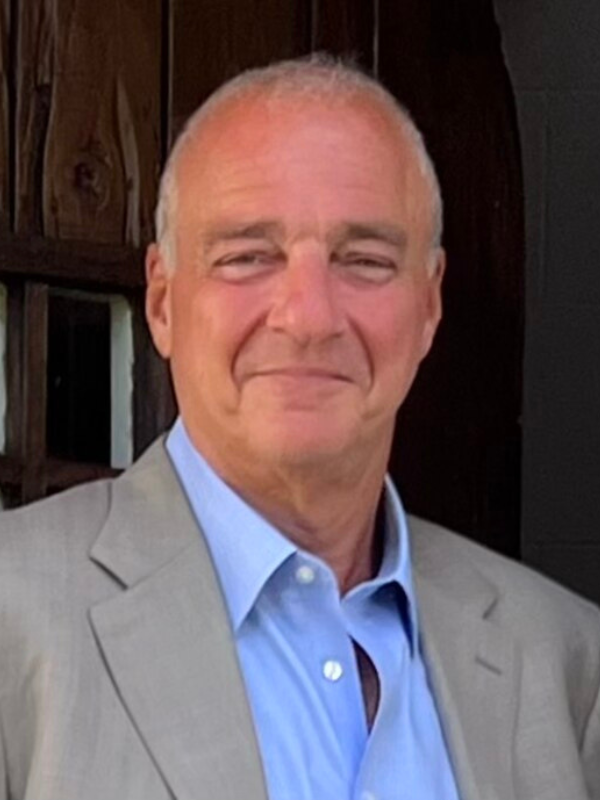
Jeffrey Grant, Esq.
White Collar Support Group
GrantLaw PLLC.
Jeff Grant is an attorney and the founder of the White Collar Support Group, the first national peer support network devoted to individuals navigating the white collar justice system. WCSG offers community, resources, and advocacy for people rebuilding their lives after prosecution or incarceration. Grant is also the managing attorney of GrantLaw PLLC, a law firm in providing legal counsel and crisis management to professionals and businesses facing white collar issues.
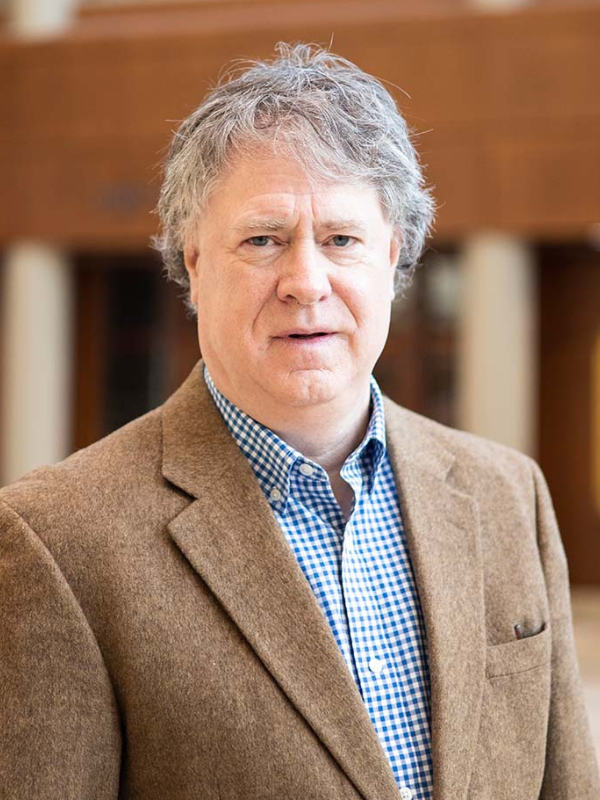
Mark Osler, Advisor
University of St. Thomas
School of Law
Mark Osler is a professor and advocate for sentencing and clemency reform, known for his work on human dignity in criminal justice. A former federal prosecutor, he played a key role in the Supreme Court’s Spears v. United States case and co-founded the Clemency Resource Center. Osler’s writing appears in major publications, and he has received multiple teaching awards. He is the author of books on the death penalty and holds degrees from William and Mary and Yale Law School.

Rachel Barkow, Advisor
New York University
School of Law
Rachel Barkow is the Charles Seligson Professor of Law at NYU and Faculty Director of the Zimroth Center on the Administration of Criminal Law. She served on the U.S. Sentencing Commission (2013–19) and has advised on criminal justice policy for the Manhattan DA’s office. Her scholarship focuses on criminal law, sentencing, and clemency, with books and articles featured in media outlets. She clerked for Justice Antonin Scalia and holds degrees from Northwestern and Harvard Law.
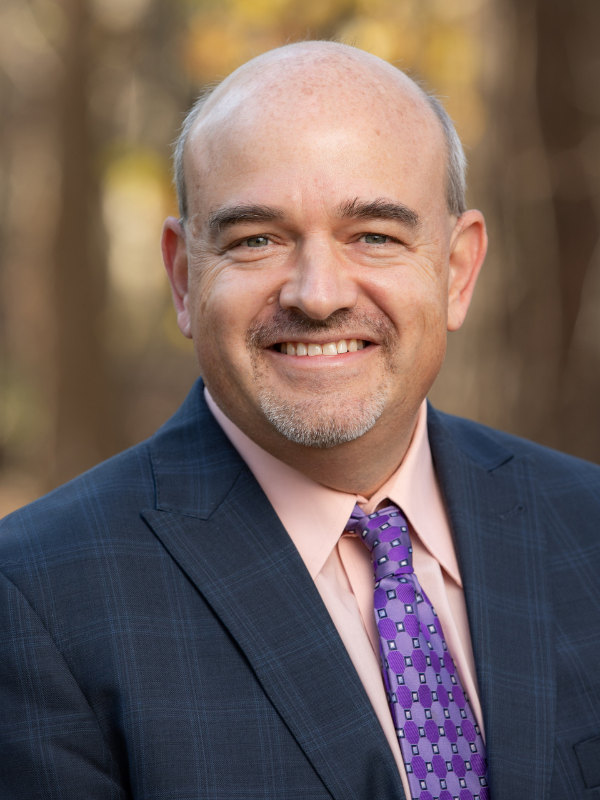
Douglas Berman, Advisor
Moritz College of Law
Ohio State University
Douglas Berman is the Newton D. Baker-Baker & Hostetler Chair in Law and Executive Director of the Drug Enforcement and Policy Center at Moritz College of Law. He is a leading scholar on criminal law and sentencing, co-authoring casebooks and managing the influential Sentencing Law and Policy blog. Berman has received multiple teaching and research awards, consults for policymakers, and is widely cited in legal and media circles. He earned his degrees from Princeton and Harvard Law.
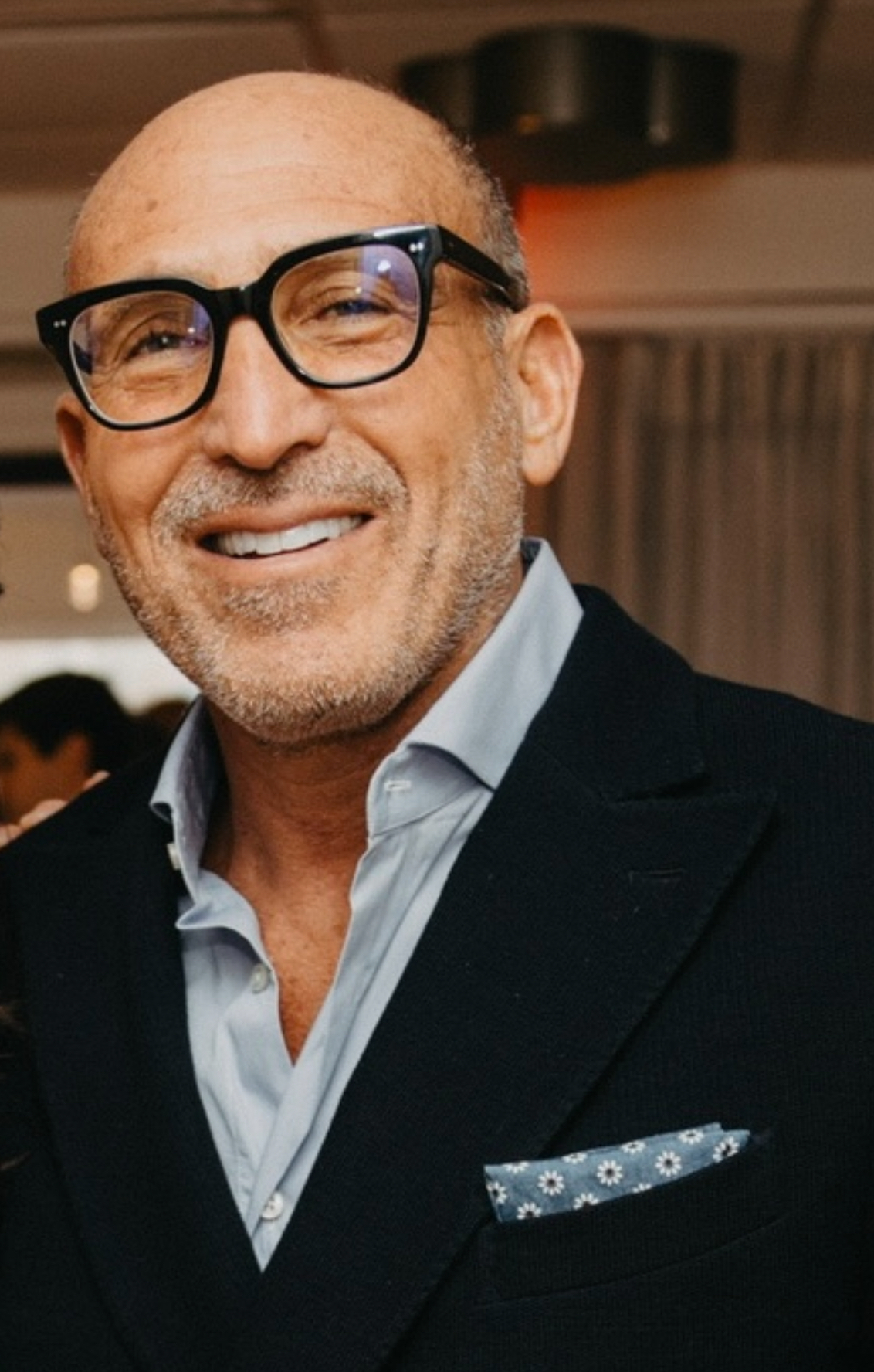
Charlie Naselsky, Research Counsel
CMN Advisors
Charles Naselsky is a legal and business advisor with four decades experience guiding complex transactions. As founder of CMN Advisors, Charles provides boutique, high-touch advisory services with a focus on closely-held ventures and unconventional opportunities as a trusted advisor to private investors, family offices, and executives. Charles provides special counsel to businesses and individuals facing pre and post indictment issues on restitution and forfeiture, managing and planning for the impact of financial exposure associated with restitution, forfeiture, fines and penalties.
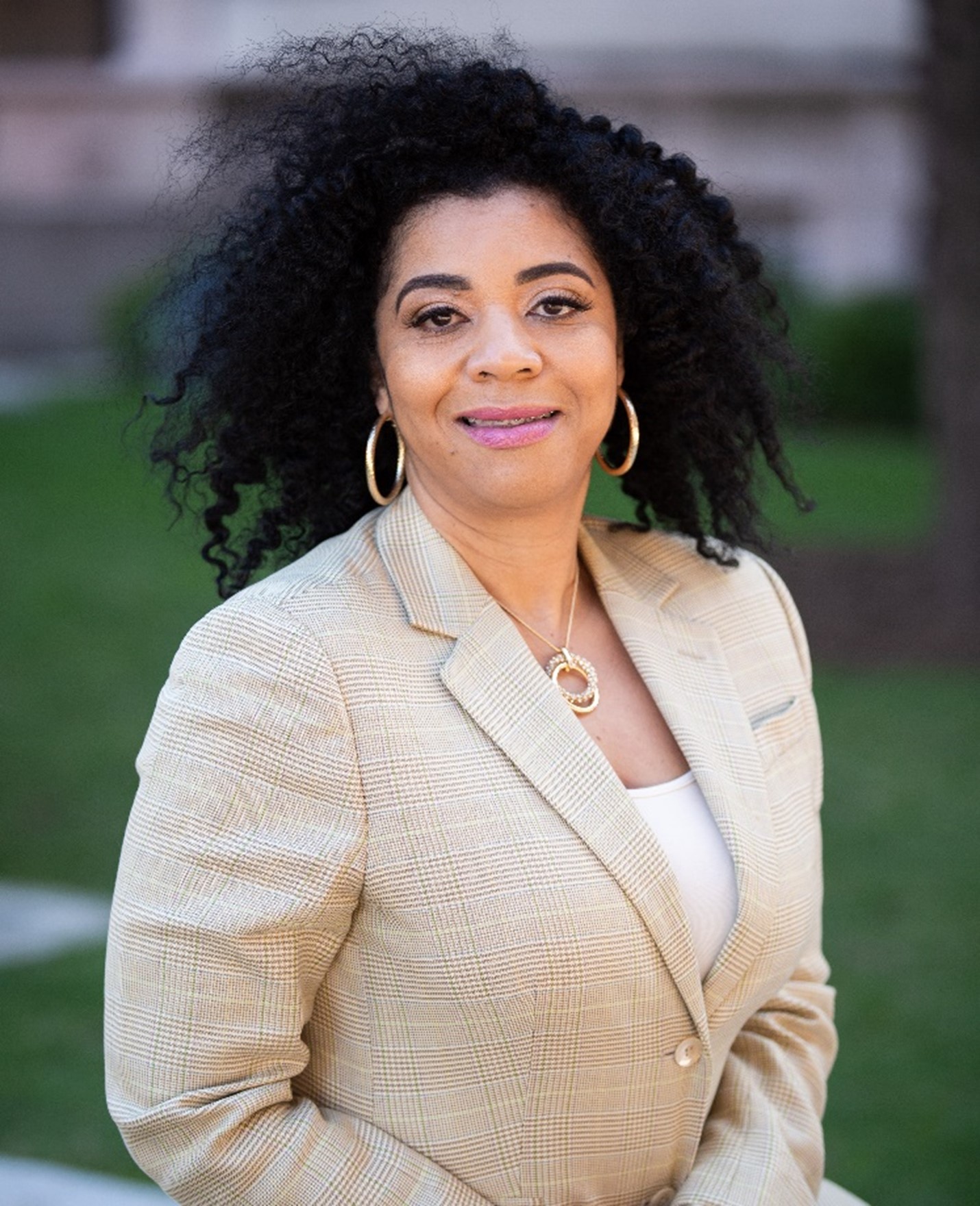
Tanya Pierce, Paralegal
Life Unbolted
Tanya Pierce is the founder of Life Unbolted, an organization working to eliminate systemic barriers affecting individuals impacted by the federal justice system. She co-designed Columbia Law’s Paralegal Pathways Initiative (PPI), which elevates the talents of formerly incarcerated individuals by providing skills-based legal training and connecting them with professional mentorship for legal careers. She is currently pursuing her JD at Mitchell Hamline School of Law.

Jeremy Harrell, Advocate
Jeremy Harrell is a U.S. Army combat veteran, former nonprofit CEO, and emerging voice in criminal justice reform. As the founder of an organization that served thousands of Veterans and first responders with mental health programs, transitional housing, and suicide prevention initiatives, Jeremy built one of the most impactful grassroots Veteran support networks in the country. Jeremy was convicted in a federal case widely seen as an example of prosecutorial overreach, one which highlights the need for nuance and compassion in the justice system.
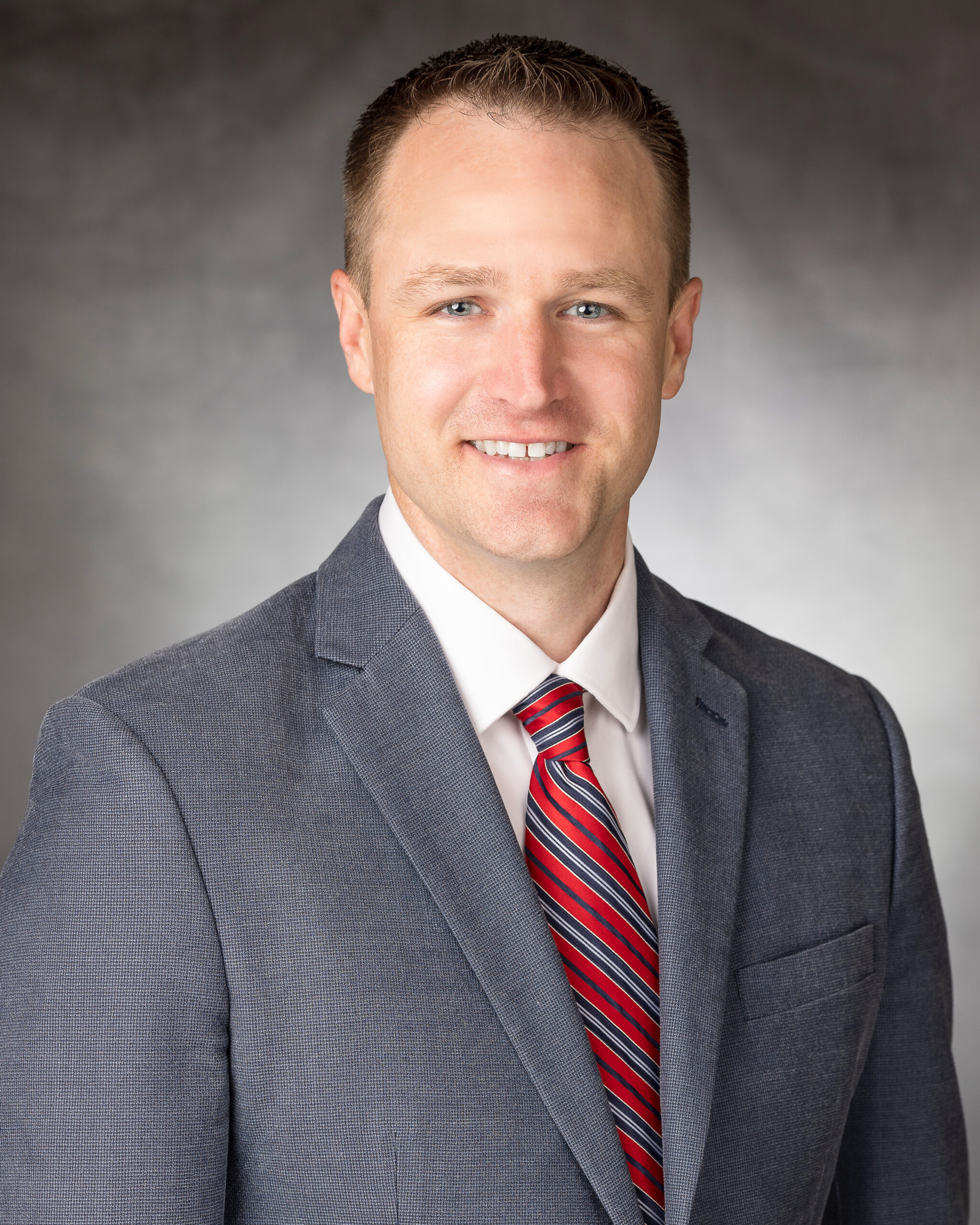
James Rumph, Advocate
Schneider Downs & Co.
James Rumph is a financial forensics and litigation services consulting director at Schneider Downs. He serves as President Emeritus of the Central Ohio Chapter of the Association of Certified Fraud Examiners (ACFE) and a volunteer fraud specialist for the AARP Fraud Watch Helpline. He is an advocate for crime victims as well as treating those previously incarcerated who have taken responsibility for their choices with dignity as they move forward with hopes to positively contribute to their communities.
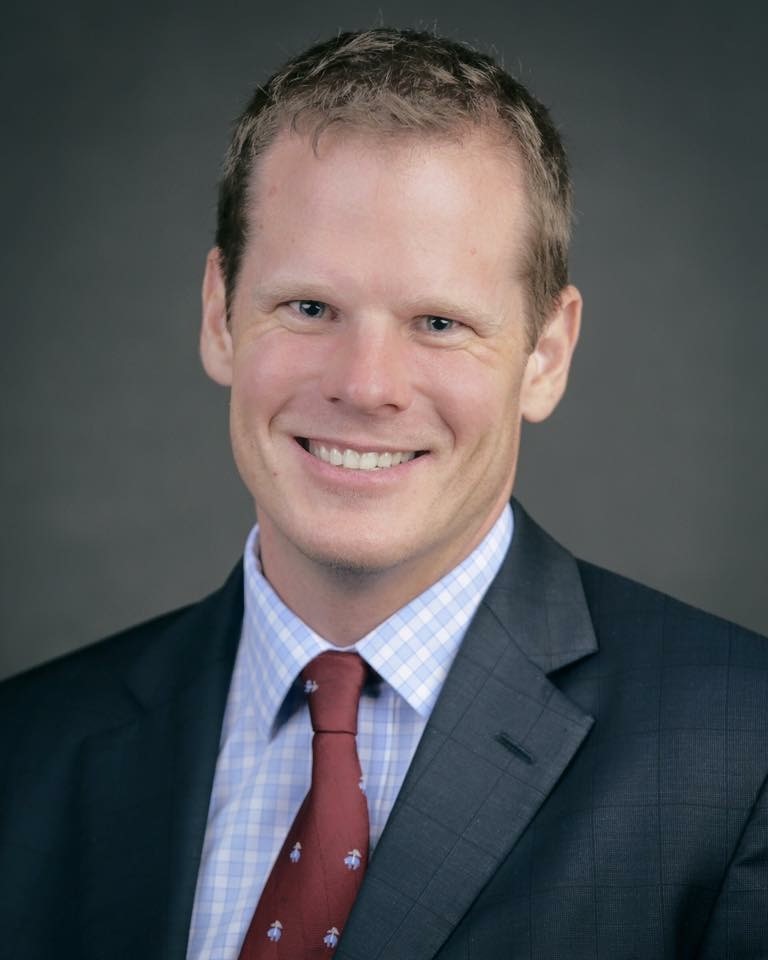
Christopher Poulos, Advocate
Center for Justice and Human Dignity
Christopher Poulos is an attorney and the executive eirector of the Center for Justice and Human Dignity (CJHD) and previously served as the Director of Person-Centered Services at the Washington State Department of Corrections and Executive Director of the Washington Statewide Reentry Council. The mission of the Center for Justice and Human Dignity is safely expanding alternatives to incarceration while improving conditions for both incarcerated people and correctional staff. Poulos’s focuses include expanding safe and innovative alternatives to incarceration.

Brent Cassity, Advocate
Nightmare Success
Brent Cassity is the author of Nightmare Success: Loyalty, Betrayal, Life Behind Bars, Adapting, and Finally Breaking Free and the host of the Nightmare Success In and Out podcast, where he explores the human stories of resilience and redemption. A former CEO who served time in federal prison, Brent now dedicates his life to helping others bounce back from their own personal nightmares through his writing, podcast, and public speaking. He advocates for second chances, mental freedom, and criminal justice reform, offering powerful tools for transformation grounded in his lived experience.
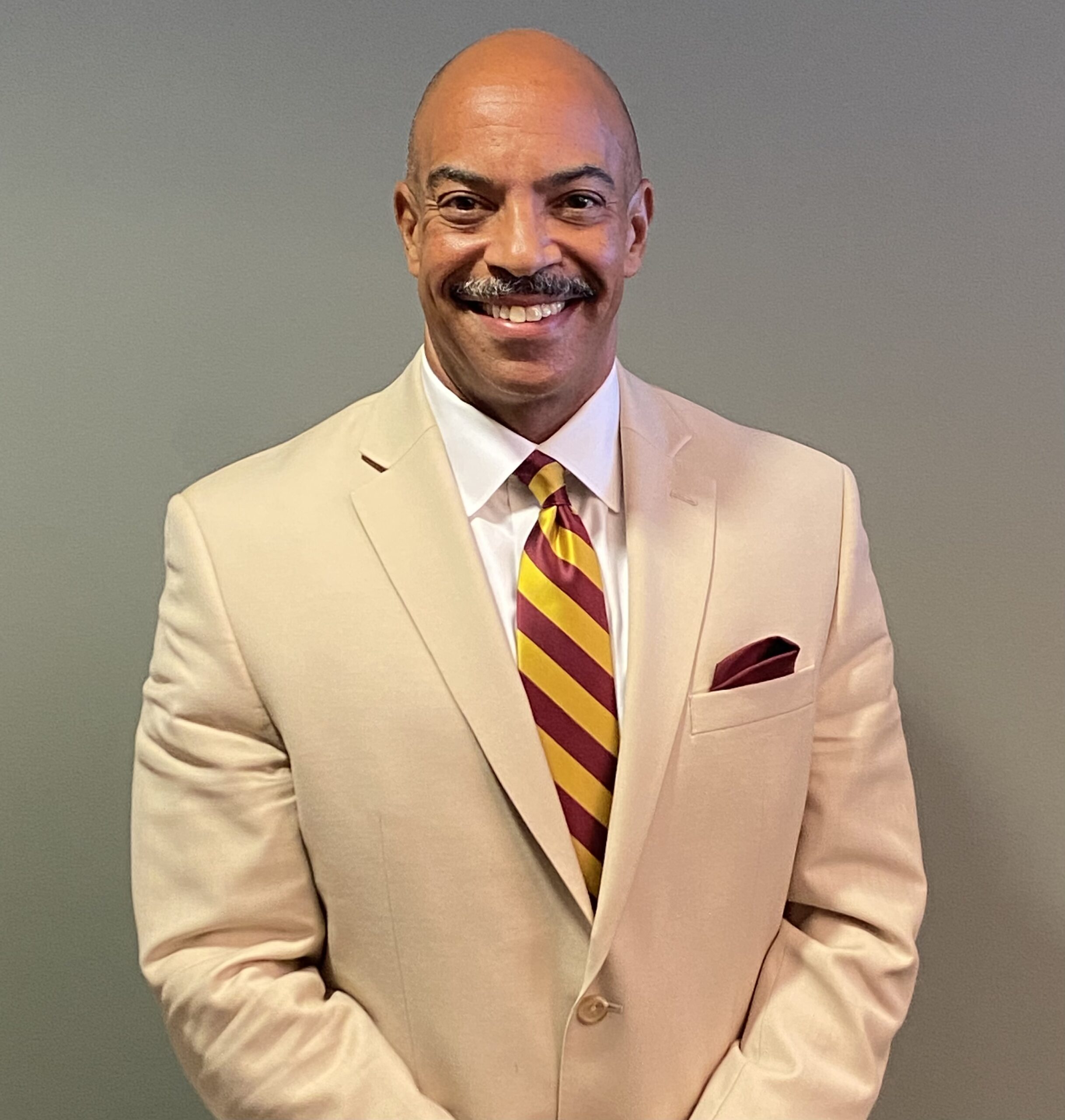
R. Seth Williams, Advocate
Second Chance Strategies
R. Seth Williams aims to prevent crime, reduce recidivism, and rebuild lives through Second Chance Strategies, LLC. Mr. Williams develops and manages training and workforce development programs for returning citizens and the chronically unemployed, and provides support services. Mr. Williams is the former District Attorney of Philadelphia, as well as a former US Army JAG Officer, criminal defense attorney, civil attorney, orphan, Inspector General of Philadelphia, college and law school professor, civic association and town watch leader, church lay leader, former federal inmate, GED instructor and member of the Correctional Ministries and Chaplains Association.
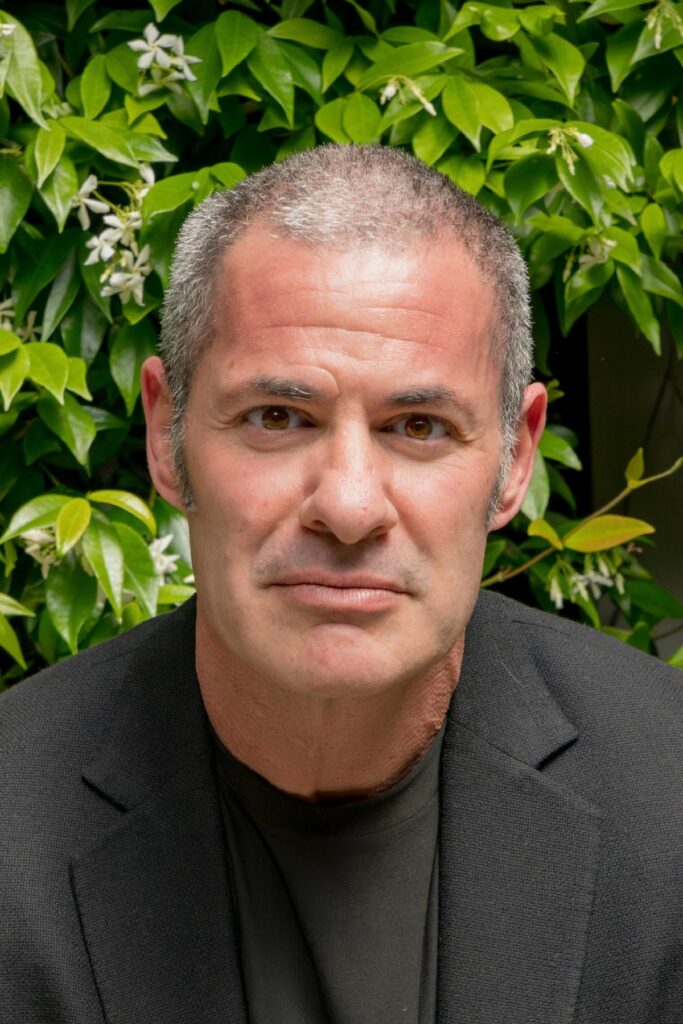
Ron Bauer, Advocate
Ron Bauer is a venture capitalist and entrepreneur with over 25 years of financing early stage and growth businesses. He is focused on the Life Sciences, Technology, EdTech and Natural Resources sectors, where he has created several exciting ventures side by side some of the world’s leading entrepreneurs and scientists as well as world class academic institutions that include Oxford, Cambridge, Stanford, Harvard, Cornell, Vanderbilt, Columbia, USC, McGill and Hebrew University to name a few. He is the Founder of Theseus Capital Ltd, an investment vehicle for his holdings and consulting.
Ron volunteers his time to many charitable efforts and mentors several founders on their journey to raising capital and scaling their businesses.

Drew Chapin, Advocate
The Discoverability Company
Drew Chapin is a technologist and startup marketer who built and scaled multiple ventures before his career was upended by poor choices that led to federal prison. It was then he came to understand the lasting impact search results can have on someone trying to rebuild after incarceration. That insight helped inform personal online reputation management offerings at The Discoverability Company, where he helps individuals and businesses take control of their online presence through SEO, reputation repair, and AI-driven visibility strategies. His work focuses on giving people the tools they need to be seen for who they are, not just what they’ve been through.
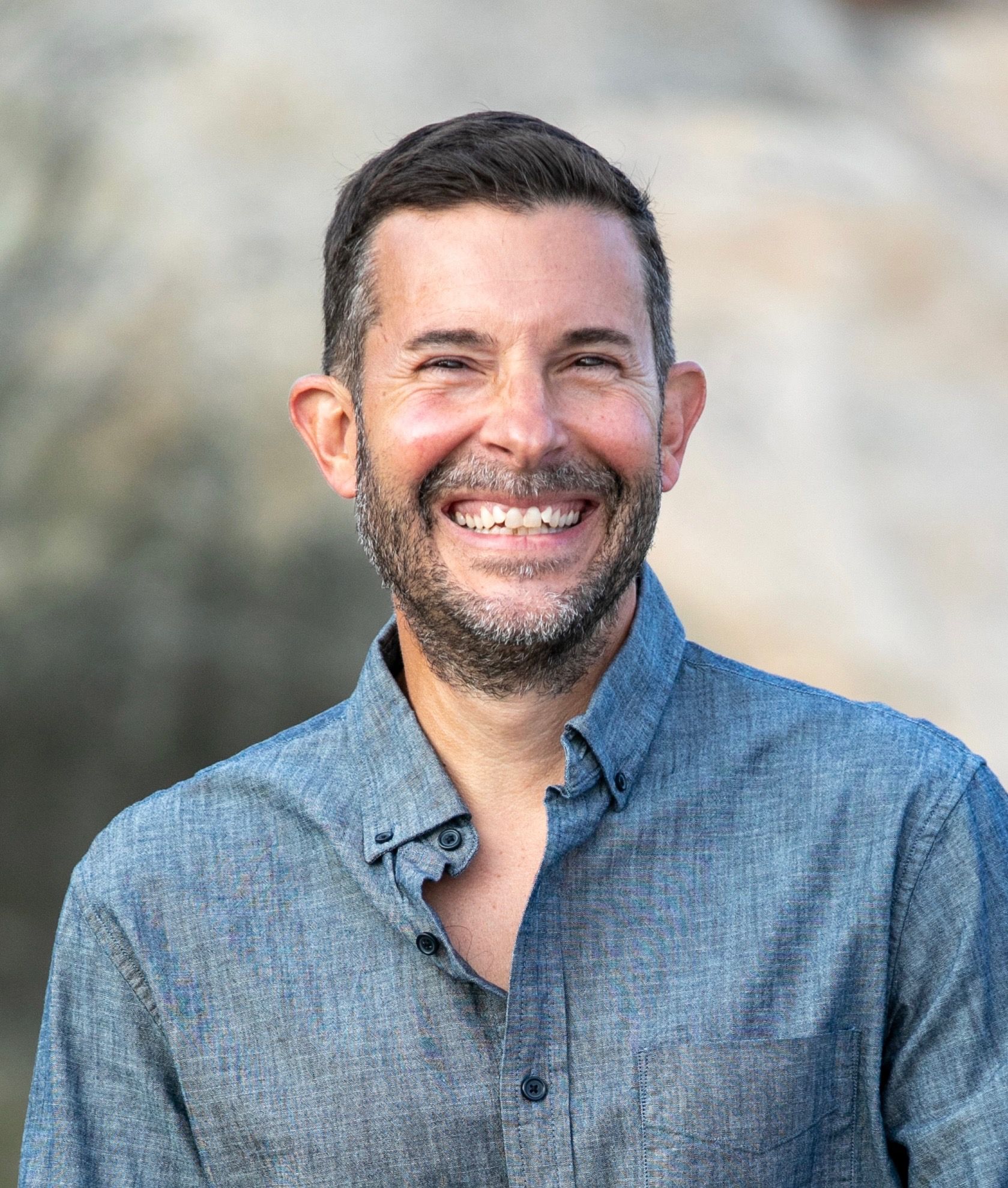
Craig Stanland, Advocate
Craig Stanland, Advocate is a keynote speaker, reinvention architect, author of Blank Canvas: How I Reinvented My Life After Prison, and a TEDx speaker with his talk, “How I Learned My Greatest Worth in Federal Prison.” He helps individuals and organizations unlock potential by sharing his raw, powerful journey from corporate success to federal prison to a life defined by creativity, authenticity, purpose, and fulfillment. Craig reveals invaluable lessons on resilience, personal growth, and the art of reinvention, proving that it’s never too late to rebuild, reimagine, and thrive. His insights have been featured in The Good Men Project, Addicted 2 Success, Tiny Buddha, Intelligent Change, Brainz Magazine, and The Altucher Report.

Tom Hardin, Advocate
Tipper X
Tom Hardin, a Wharton graduate and former hedge fund analyst, became known as “Tipper X” while assisting the FBI in its largest insider trading investigation.
From 2008–2012, he helped the U.S. government bring down major Wall Street figures. Now a global speaker and advisor on ethics and compliance, Tom shares insights on decision-making and cultural risk. His memoir, Wired on Wall Street, is set for release in 2026 and explores his journey from prosecution to purpose.

Kaysia Earley, Esq., Advocate
Earley Law Firm
Kaysia Earley is the founder and managing attorney of Earley Law Firm, PLLC, and serves as a legal analyst for various media outlets. A former assistant public defender in Broward County, Florida, she made history by trying 56 cases in under 14 months—demonstrating an unwavering commitment to providing zealous representation for indigent clients. Kaysia is also the creator of T.R.A.P.S. (Teaching Rights About Police Stops), a community initiative dedicated to educating civilians about their legal rights during law enforcement encounters. She is an alumna of Howard University and St. Thomas University School of Law.
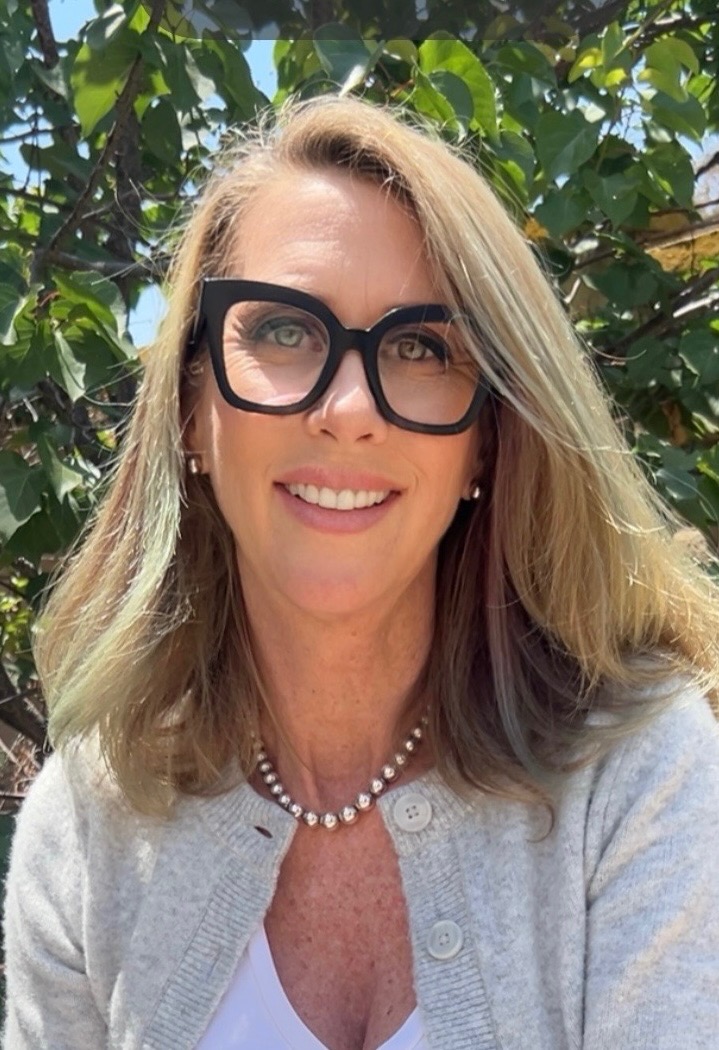
Gina Pendergraph, Advocate
Gina Pendergraph is a justice-impacted advocate and sociology student at Cal State University Fullerton, where she’s part of Project Rebound. A cofounder of the Justice Impacted Support Forum and certified ICF PCC coach, she supports and uplifts women facing incarceration. Drawing on her own lived experience, Gina brings grace, dignity, and compassion to her work.
Pendergraph is also a certified yoga instructor and passionate about trauma coaching for women affected by the federal legal system.

Tony Dominguez, Advocate
Reset Sweden
Tony Dominguez is an accomplished recovery coach and interventionist, dedicated to helping individuals navigate the challenges of addiction recovery. As the co-founder of Reset Sweden, he leverages his extensive experience and passion for transformative healing to empower clients on their journey to sobriety. With a unique blend of empathy and expertise, Tony employs customized strategies that address the complex needs of those struggling with addiction. His holistic approach integrates evidence-based practices with a focus on mental and emotional well-being, ensuring clients receive the comprehensive support they need.
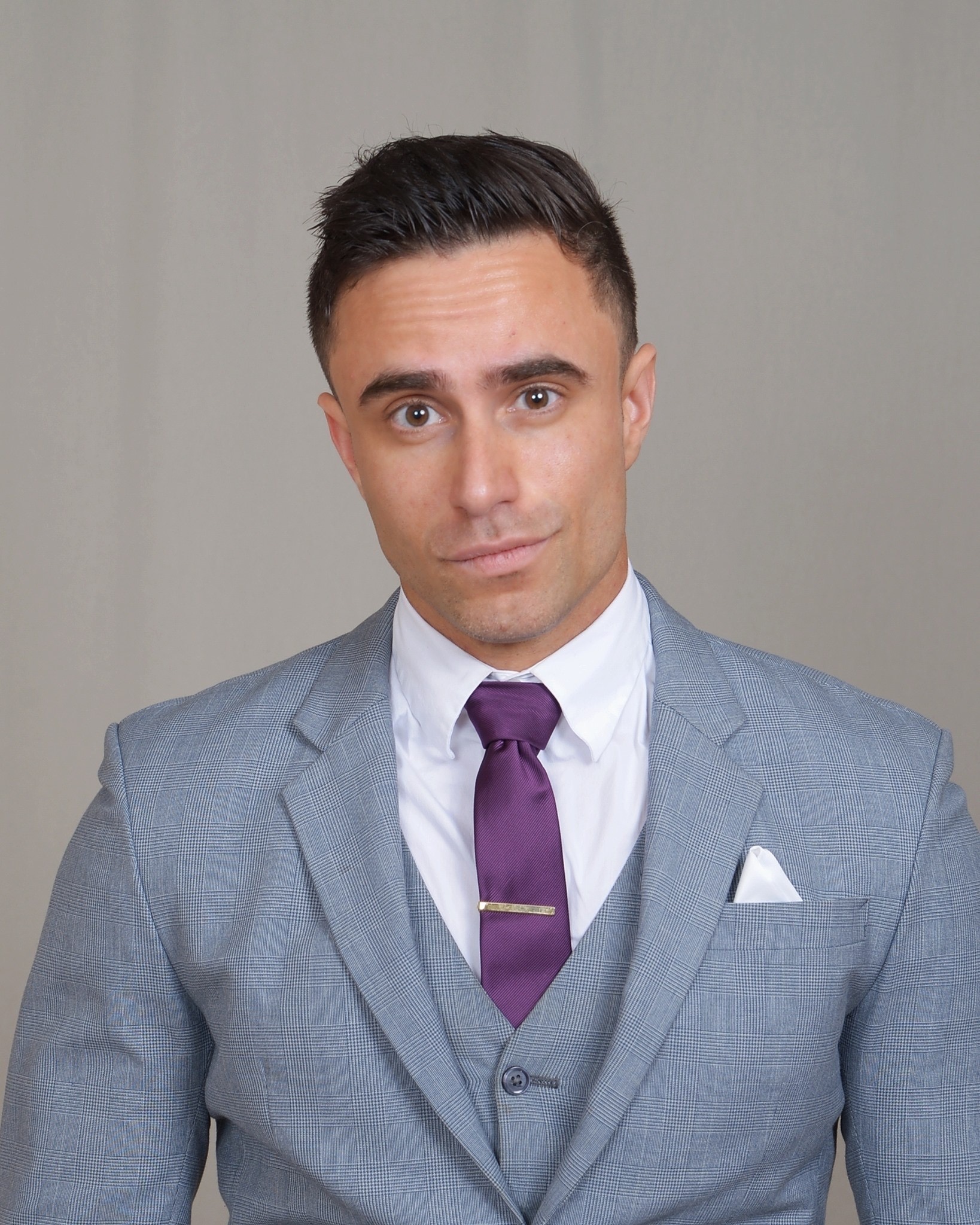
Dieter Tejada, Advocate
Dieter Tejada is a nationally recognized legal advocate, exoneree, and justice-impacted leader whose work sits at the intersection of law, policy, and systemic reform. Wrongfully convicted as a teenager, Dieter spent nearly 17 years fighting to clear his name before he was officially exonerated in 2023. A graduate of Vanderbilt Law and UConn, Dieter has pioneered initiatives expanding access to legal education and leadership for formerly incarcerated people. He now serves as Founding President of the National Justice Impact Bar Association and continues to work to reshape the legal field with vision, resilience, and purpose.
The team would like to acknowledge Babz Rawls Ivy for her courage and intrepid dedication to our mission, and Paul Weiss for contributing pro bono legal services.
Get Involved in the Federal Expungement Initiative
The Federal Expungement Initiative is building a broad coalition of people who believe that once someone has served their sentence, they deserve a real chance to move forward. Whether you’re a justice-impacted individual, a loved one, an advocate, a policymaker, or simply someone who believes in fairness, your voice and experience are critical to this effort.
Get involved by attending upcoming events, sharing your story, connecting with others who’ve walked this path, or lending your expertise to shape national reform. Together, we can push for a federal expungement system that ends cycles of punishment, opens doors to opportunity, and restores dignity on a national scale.
Fill out the form below to stay informed and take the first step.
Join Our Mailing List
Events
- 06/24/25: Mark Osler Presents to the White Collar Support Group Tuesday Speaker Series – Registration
